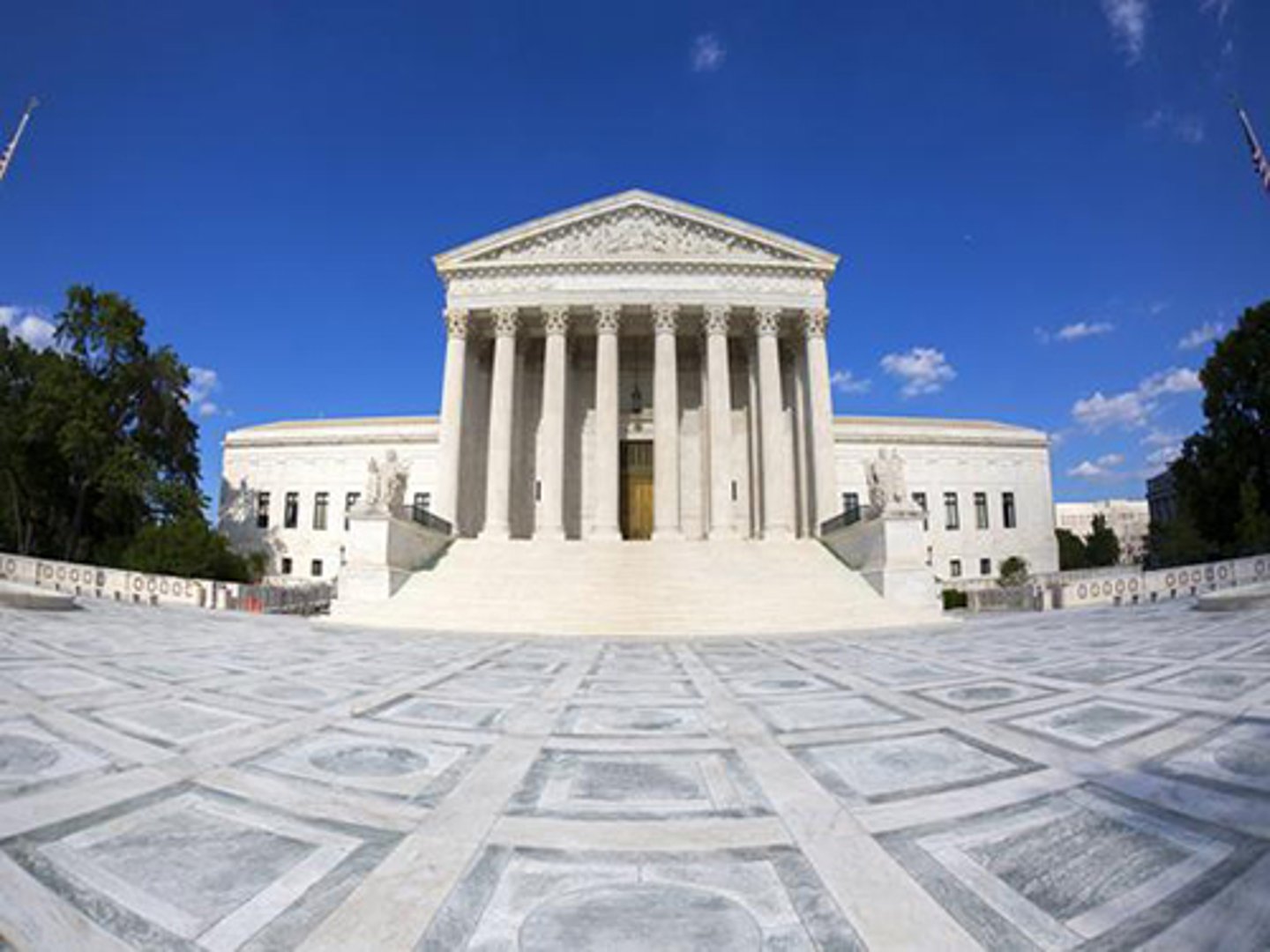Retail groups applaud Supreme Court decision to block vaccine mandate
The Supreme Court on Thursday blocked the Biden administration from enforcing a vaccine-or-testing requirement for large employers.
The court struck down the rule, declaring that the Occupational Safety and Health Administration had exceeded its authority. (The court ruled that a separate mandate requiring health care workers at facilities receiving federal money to be vaccinated can be enforced.)
OSHA had issued the emergency measure requiring businesses with 100 or more employees ensure that their employees are fully vaccinated or undergo regular testing and wear a face covering at work in November. In late December, the 6th U.S. Circuit Court of Appeals in Cincinnati lifted an injunction that had blocked the mandate, which applied to more than 84 million workers. Within hours of the ruling in Cincinnati, at least three petitions were filed with the U.S. Supreme Court.
“Although Congress has indisputably given OSHA the power to regulate occupational dangers, it has not given that agency the power to regulate public health more broadly,” the court wrote. “Requiring the vaccination of 84 million Americans, selected simply because they work for employers with more than 100 employees, certainly falls in the latter category."
The National Retail Federation, which had joined more than 26 other trade associations this week to present oral arguments before the court on the legality of the mandate, issued a statement from senior VP of government relations David French.
“While NRF has maintained a strong and consistent position related to the importance of vaccines in helping to overcome this pandemic, the Supreme Court’s decision to stay OSHA’s onerous and unprecedented ETS is a significant victory for employers,” he stated. “As NRF and other plaintiffs articulated in our briefs before the court, OSHA clearly exceeded its authority promulgating its original mandate under emergency powers without giving stakeholders the benefit of a rulemaking process.”
French said that the NRF urges the Biden Administration to work with employers, employees and public health experts “on practical ways to increase vaccination rates and mitigate the spread of the virus in 2022.”
The Retail Industry Leaders Association president, Brian Dodge issued the following statement in response to the decision to halt the OSHA vaccine-or-testing ETS.
“We have raised concerns with OSHA and the Administration about the administrability of the mandate, including the current shortage of tests, but our primary focus at this stage is working with our members to ensure they have the information and tools they need to safely operate, manage their workforce, and meet the needs of their customers,” he stated.
Industry group FMI — the Food Industry Association — also weighed in on the decision:
“The Court’s decision today to pause OSHA’s vaccine and testing mandate for private businesses will help ensure the food industry is able to continue meeting our customers’ needs as efficiently and effectively as possible amid the ongoing supply chain and labor disruptions,” said FMI president and CEO Leslie G. Sarasin. “FMI and our member companies remain committed to working with OSHA, the CDC, and the White House to encourage and facilitate vaccinations among our employees and communities while preserving our members’ ability to provide their customers with the foods and products they need to keep their families fed and safe in the new year.”
The Supreme Court decision on the vaccine-or-test regulation was split ideological lines. Justices Stephen Breyer, Sonia Sotomayor and Elena Kagan, the court's three liberals, dissented.
“In our view, the Court's order seriously misapplies the applicable legal standards,” they wrote in their dissent. “And in so doing, it stymies the Federal Government's ability to counter the unparalleled threat that COVID–19 poses to our Nation's workers. Acting outside of its competence and without legal basis, the Court displaces the judgments of the Government officials given the responsibility to respond to workplace health emergencies."


